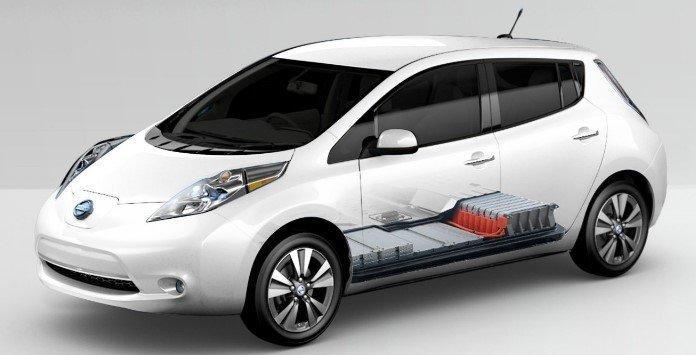AUTONEWS

Autonomy of 400 km with charge of only 5 minutes, is no longer a distant dream
Enevate is delighting electric car enthusiasts by announcing the development of a new battery that with just 5 minutes of charge allows a range of 400km!
About the Enevate project
The Enevate project uses the technology of silicon anodes, which store more energy in a shorter period of time. This is a solution that many companies in the sector have been applying, that is, replacing the graphite anodes (found in lithium ion batteries) with versions with silicon anodes!
Change that, in theory, would allow electric vehicles to have greater autonomy, with only one charge! And that is what Enevate took ...
Enevate, based in Irvine, California, has created a kind of porous film, consisting mainly of pure silicon. A project that is cheaper, but that can give the electric vehicle 30% more autonomy than using a normal battery.
If it really proves itself, and is adopted by the industry, it will be a gigantic technological development that will make the production of electric vehicles cheaper.
The charging of lithium-ion batteries today comes from the ions that move from the cathode to the anode, and so the more ions they can retain, the greater their energy capacity, and thus the battery will have more autonomy!
The silicon
In theory, silicon can store up to ten times more energy than graphite, but it has a few drawbacks ... because it also contracts and expands dramatically, and it breaks up after several load cycles. And to get around this problem, some manufacturers in the sector, such as Tesla, have added some silicon to the graphite powder, in order to avoid problems.
The powder, when mixed with a binder, is then coated with a thin copper sheet, thus forming the anode. Only Enevate does not use plastic binders! It uses its own process, in which it creates the porous, superfine silicon film directly on a copper sheet.
This process does not require high quality silicon, so anodes of this type will be cheaper than their graphite equivalents with the same capacity. This process developed by Enevate allows you to charge a battery up to 75% of its charge, in just 5 minutes of charge, and the best part is that it does not cause degradation.
This production technique developed by Enevate will thus allow the production of silicon anodes quickly, thus allowing the mass production of the technology. Enevate also says it is working with several automotive companies to apply its technology to electric vehicles by 2025!
Renewable Energy Magazine

Nenhum comentário:
Postar um comentário